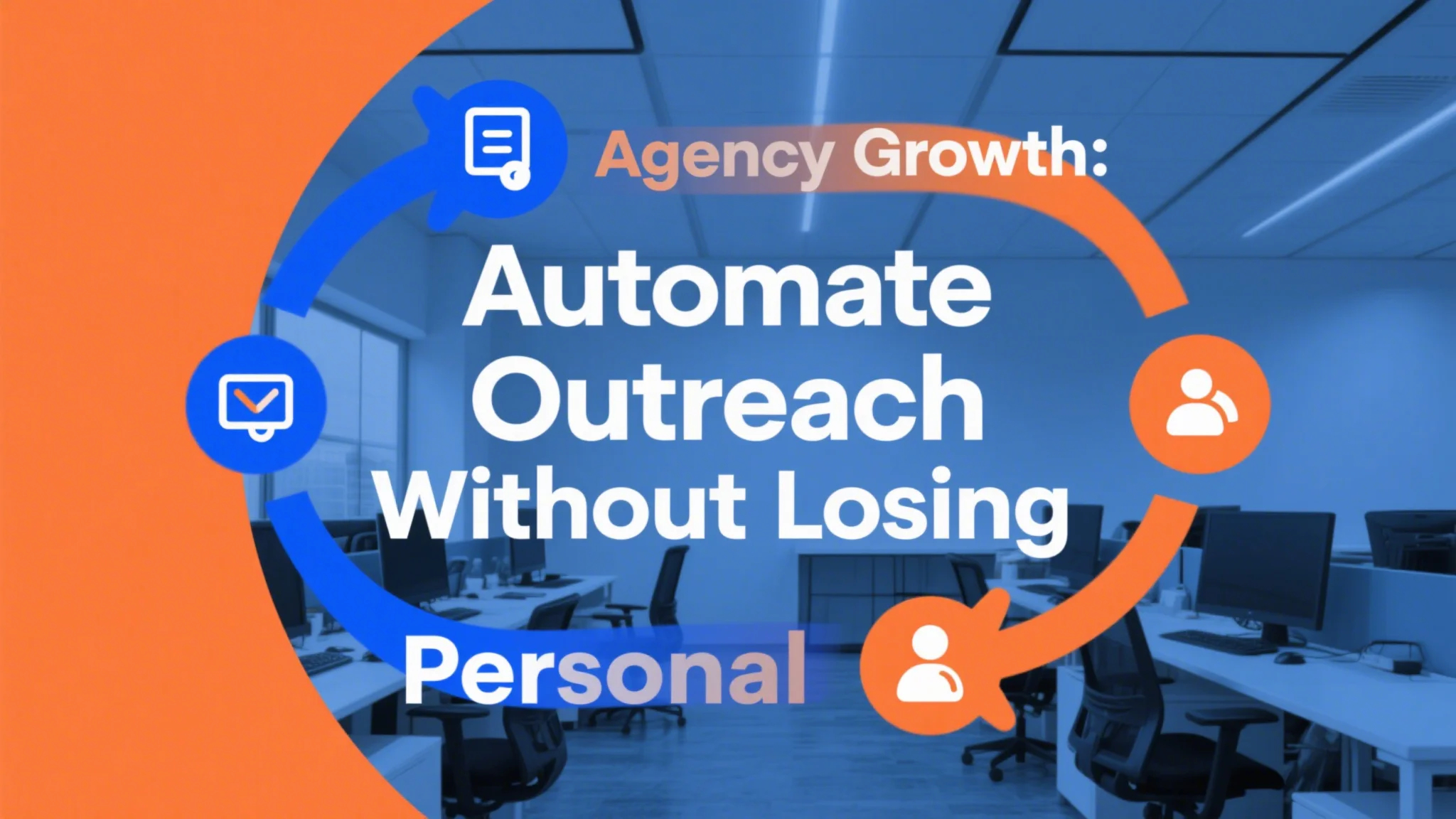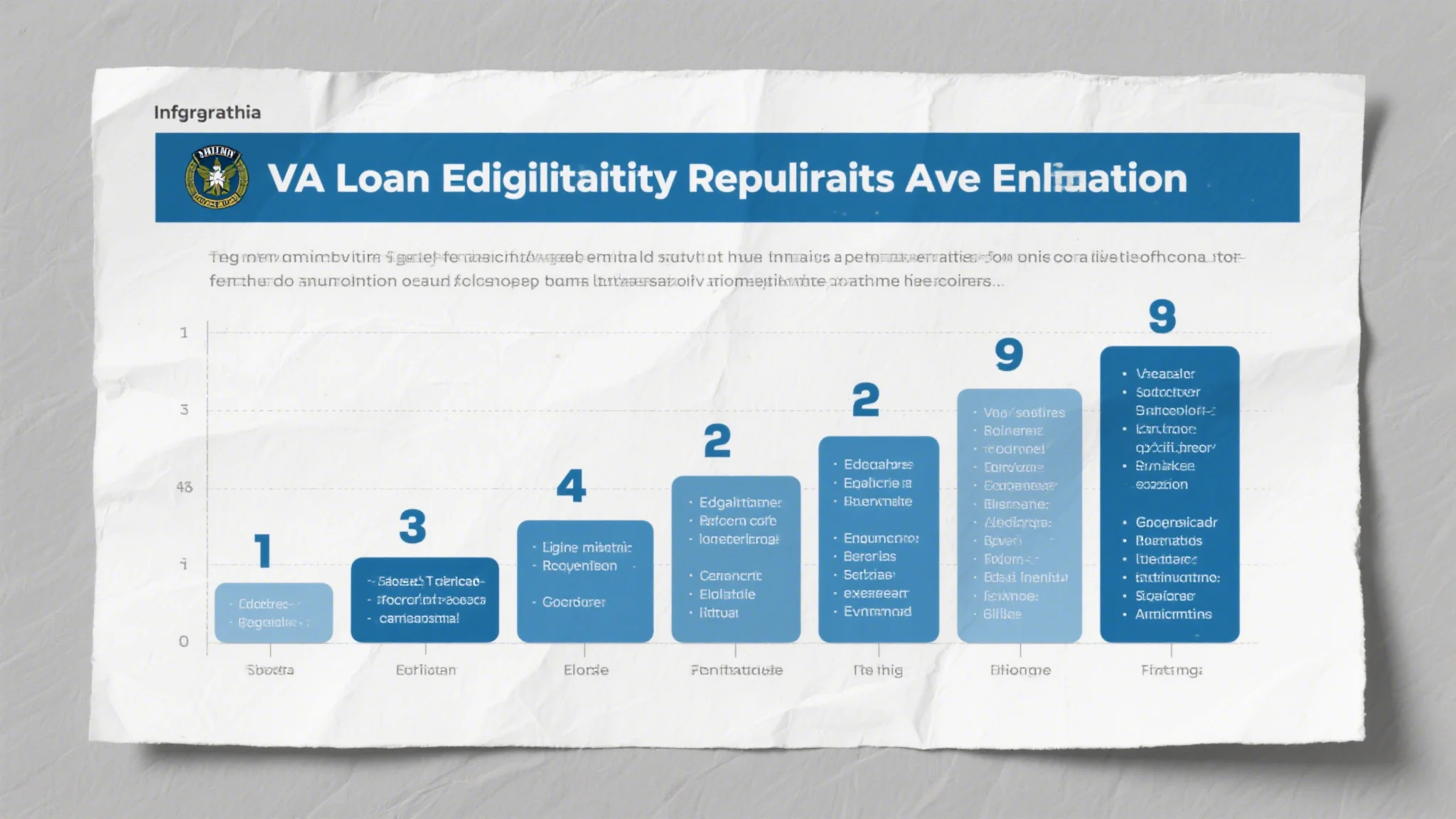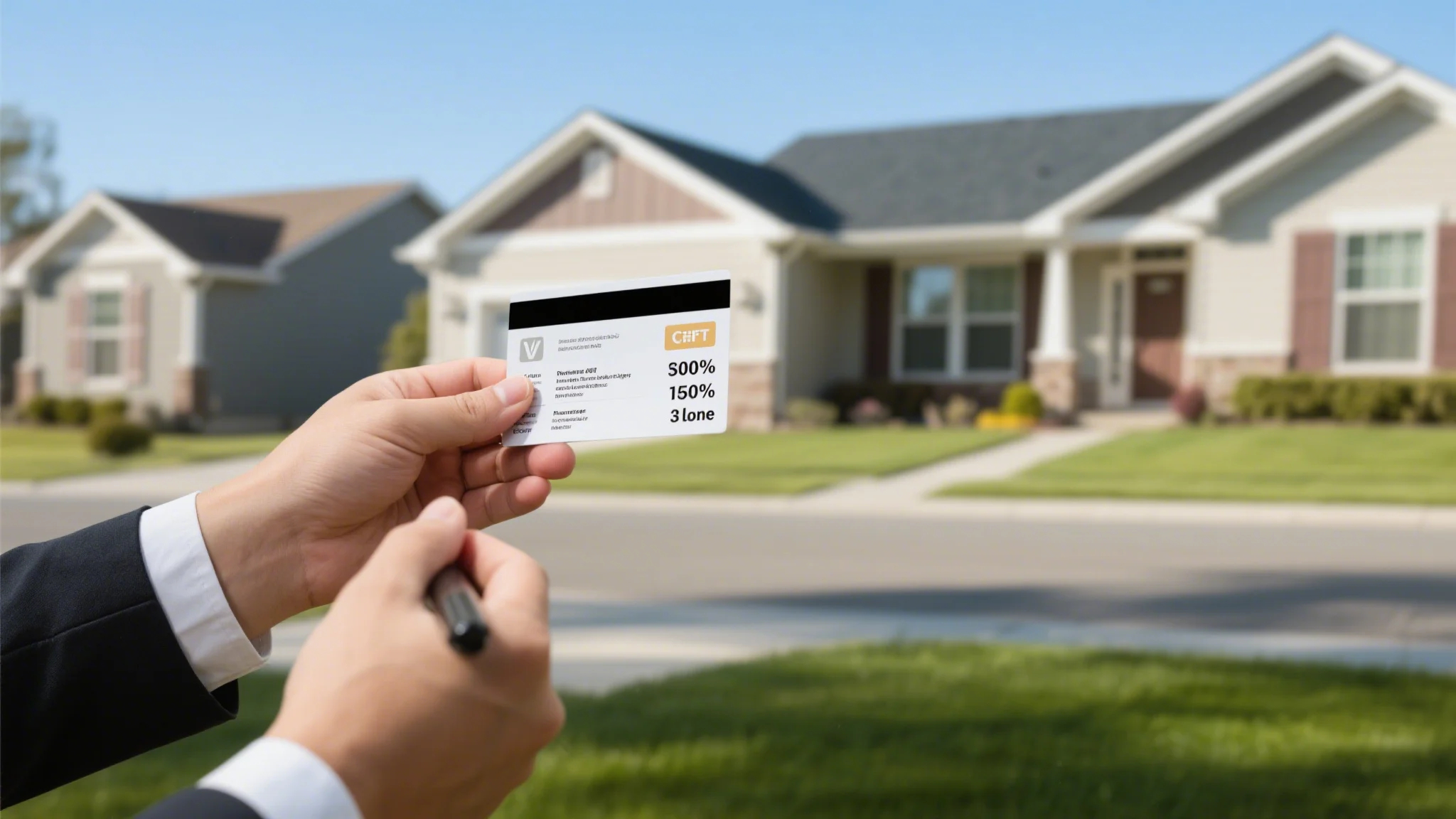In today’s fast-paced real estate market, agencies are under constant pressure to stand out, attract high-quality leads, and close deals efficiently. Marketing automation has emerged as a powerful tool to help real estate agencies achieve these goals while reducing manual effort and increasing scalability. By leveraging automation, agencies can streamline repetitive tasks, personalize client interactions, and deliver targeted content at scale.

What is Marketing Automation?
Marketing automation refers to the use of software and tools to automate repetitive marketing tasks, such as email campaigns, social media posts, lead nurturing, and data analysis. For real estate agencies, this means shifting from traditional, manual marketing approaches to a more efficient, data-driven strategy that aligns with the needs of modern buyers and sellers.
Why is Marketing Automation Essential for Real Estate Agencies?
Scalability: Real estate agencies often juggle multiple listings, clients, and campaigns. Automation allows agencies to manage large volumes of data and interactions without scaling up their team size.
Personalization: Buyers and sellers today expect personalized communication. Automation tools enable agencies to segment leads based on demographics, behavior, and preferences, delivering tailored content that resonates with each individual.
Efficiency: Automating routine tasks like email campaigns, social media posts, and follow-ups frees up agents to focus on high-value activities like negotiating deals and building relationships.
Data-Driven Insights: Automation tools collect and analyze vast amounts of data, providing agencies with actionable insights into lead behavior, campaign performance, and market trends.
Key Areas Where Marketing Automation Can Transform Real Estate Agencies
1. Lead Generation and Nurturing
Lead generation is a critical component of real estate marketing. Automation tools can help agencies identify and target potential buyers and sellers more effectively. For example:
Automated Email Campaigns: Send personalized emails to leads based on their stage in the buying or selling process. For instance, a lead who has just viewed a property online can receive an email with more details about that property and a call-to-action to schedule a tour.
Lead Scoring: Use predictive analytics to score leads based on their likelihood to convert. This helps agencies prioritize their efforts on high-potential leads while nurturing lower-scoring leads with relevant content.
Social Media Automation: Schedule posts on platforms like Facebook, Instagram, and LinkedIn to showcase listings, market insights, and agency updates.
2. Email Marketing
Email marketing remains one of the most effective channels for real estate agencies. Automation can enhance email campaigns in several ways:
Dynamic Content: Deliver content that changes based on the recipient’s preferences or behavior. For example, a buyer interested in luxury homes could receive emails featuring high-end properties, while a seller interested in investment properties gets emails focused on that niche.
Automated Sequences: Set up email sequences that guide leads through the buying or selling process. For instance, a sequence could start with an introduction to the agency, followed by property listings, and end with a call to action for a consultation.
Follow-Up Campaigns: Automate follow-up emails for leads who haven’t responded to initial outreach. This ensures that no lead falls through the cracks.
3. Customer Relationship Management (CRM)
A CRM system is the backbone of any successful marketing automation strategy. Real estate agencies can use CRMs like HubSpot, Salesforce, or Zoho to manage client interactions, track lead activity, and automate follow-ups. For example:
Pipeline Management: Use the CRM to track the progress of leads through the sales funnel, from initial contact to closing the deal.
Task Automation: Set reminders for follow-up calls, send automated thank-you notes after a property tour, or trigger automated emails when a lead views a listing multiple times.
Reporting and Analytics: Generate reports to monitor the performance of marketing campaigns, identify top-performing agents, and make data-driven decisions.
4. Content Marketing
Content marketing is a powerful way to establish authority in the real estate industry. Automation tools can help agencies create and distribute content more efficiently:
Blogging and SEO: Use tools like HubSpot or WordPress to publish blog posts optimized for SEO. Automate keyword research, content suggestions, and analytics tracking to ensure your content ranks higher in search engine results.
Lead Magnets: Create downloadable resources like eBooks, checklists, or guides to attract leads. Automate the lead capture process by requiring email sign-ups to access these resources.
Email Newsletters: Automate the creation and distribution of email newsletters featuring market insights, property updates, and agency news.
Case Study: How One Real Estate Agency Leveraged Automation
Take the example of a mid-sized real estate agency struggling to keep up with the demands of a growing client base. By implementing marketing automation tools, the agency was able to:
Increase lead conversion rates by 30% through personalized email campaigns.
Reduce the time spent on manual tasks by 40%, allowing agents to focus on high-value activities.
Improve client engagement by sending automated follow-ups and personalized content, resulting in a 20% increase in client satisfaction.
Advanced Strategies for Maximizing Marketing Automation
1. Leverage Predictive Analytics
Predictive analytics is a game-changer for real estate agencies. By analyzing historical data, predictive models can forecast future trends, identify high-potential leads, and optimize marketing strategies. For example:
Predictive Lead Scoring: Use predictive analytics to score leads based on their likelihood to convert. This helps agencies allocate resources more effectively and focus on the most promising leads.
Market Trend Analysis: Predictive models can identify emerging neighborhoods, price trends, and buyer preferences, enabling agencies to position themselves as experts in these areas.
Campaign Optimization: Predictive analytics can help agencies adjust their marketing campaigns in real-time based on performance data, ensuring maximum ROI.
2. Personalization at Scale
Personalization is key to building strong relationships with clients, but doing it at scale can be challenging. Marketing automation tools make it easier to deliver personalized experiences to thousands of leads:
Dynamic Website Content: Use tools like Optimizely or Hotjar to create personalized website experiences based on visitor behavior. For example, a buyer browsing luxury homes could see a different homepage design than a seller looking to downsize.
Customized Messaging: Automate the delivery of tailored messages based on lead behavior. For instance, a lead who has expressed interest in a specific property type could receive targeted listings and market insights.
Automated Recommendations: Use recommendation engines to suggest properties or resources based on a lead’s preferences and browsing history.
3. Integrating Virtual Reality and AI
The real estate industry is embracing cutting-edge technologies like virtual reality (VR) and artificial intelligence (AI) to enhance the buyer experience. Marketing automation can integrate these technologies to create immersive, personalized experiences:
Virtual Tours: Automate the scheduling and delivery of virtual property tours, allowing buyers to explore properties at their convenience.
AI-Powered Chatbots: Use AI chatbots to answer buyer questions, provide property recommendations, and



